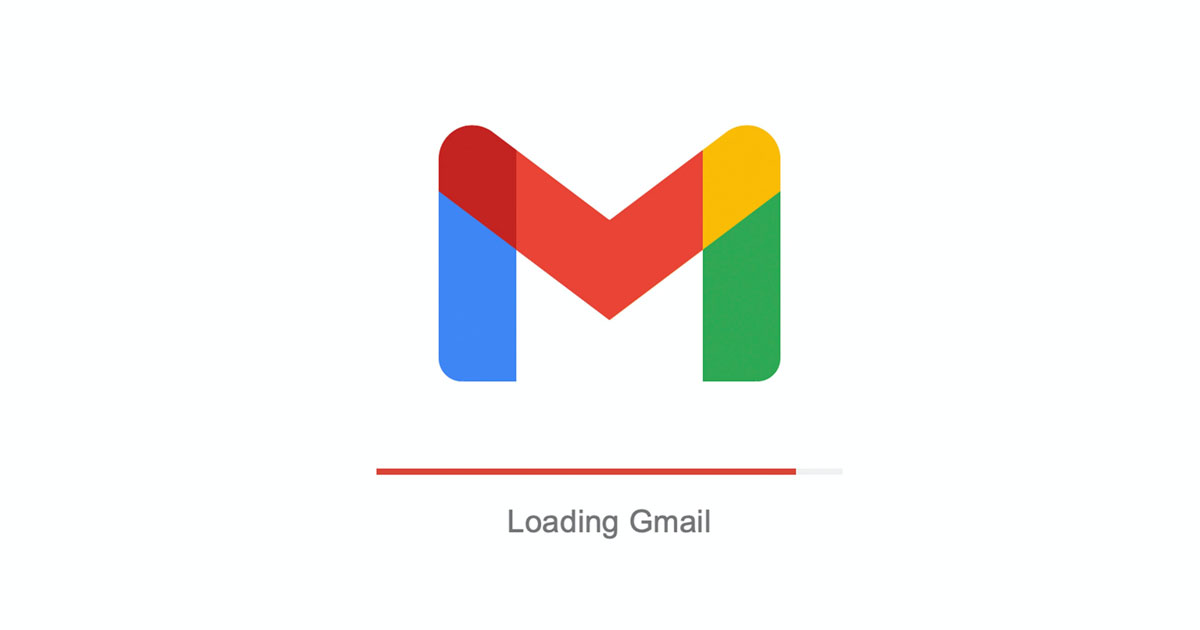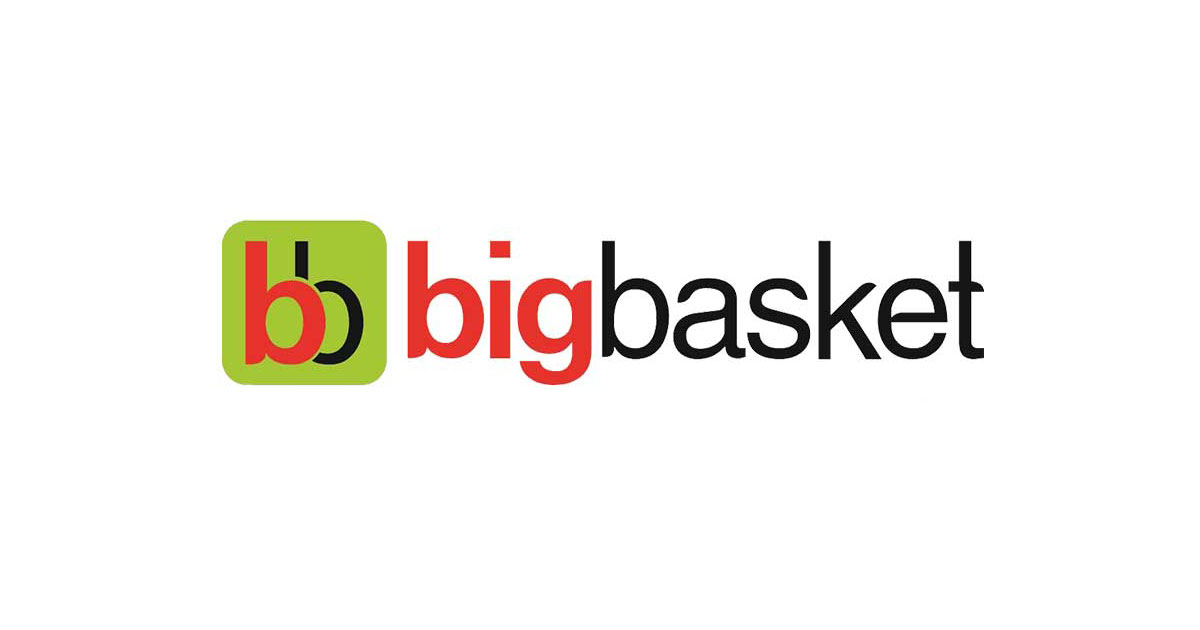
A big update has come from the Reserve Bank of India, the apex financial institution of India that online merchants and shopping platforms are not allowed to store the debit/credit card information of the users. That means a user needs to memorize the card details (card number, CVV, expiry date, etc.) or keep it handy while making online transactions (online purchase, subscription renew, or in-app buy).
The rule will come into effect from July 2021.
As per the guidelines, this is applicable for everyone including Amazon, Flipkart, PayTM, PhonePay, Netflix, and other online services. Hence, e-commerce platforms and online payment services won't be allowed to store your card information on their servers.
It will surely make the user experience tedious as every time you spend money online, you need to manually put the card details. That means you have to fill out the complete information from scratch every time you process the online payment (name, card number, CVV, and expiry date).
If you are good at memorizing things, it may not affect you so much. However, there are users who have multiple bank cards and it will be a concern for them in the beginning. The solution for them is to keep the details with them.
RBI has taken the call due to the emerging cyber attacks in the nation. There have been several incidents in the past where users' sensitive data (including card details) has been found on the Dark Web (illegal platform of the hackers). Hence, the announcement of not storing such bank details will prevent any risk of cyber-attack and fraud.
Agree to disagree!
On this announcement, NASSCOM - Indian IT lobby, showed its disagreement in a letter to RBI. It states:
“Without card data, merchants will not be able to perform basic functions such as the resolution of consumer complaints or disputes, consumer service and speedy resolution of refunds requests, and will be completely dependent upon pay aggregators and banks to provide the same,”
Moreover, NASSCOM advised the Reserve Bank of India to design a framework to store card information that enables high-tech security as per the need.
As per CNBC-TV18 report, 25 digital service providers wrote to the central bank explaining that the decision will affect the customer's online payment experience. The list of companies includes Netflix, Amazon, Microsoft, Zomato, and Flipkart.
The changes in the payment terms will certainly impact the "Digital India" campaign and disturb the process of creating a cashless India.
It is hard to say if the new initiative will secure the online payment system, but it will definitely make the user experience tedious. In the end, everyone needs to respect the RBI's decision.
Again, the changes will be implemented from July 2021.
Follow ISOEH for more updated IT and cyber security news!
Indian School of Ethical Hacking is a renowned cyber security institute in India. We provide the best cyber security training to students and groups and support them to build a strong career.
<>Stay in touch for more useful content!Exclusive Blog
Read All Exclusive Blog »
With world working from home, it's time to make it enjoyable and effective.
Read DetailsHacking Tools
Explore All Hacking Tools »
UFTP is an encrypted multicast file transfer program for secure, reliable & efficient transfer of files. It also helps in data distribution over a satellite link.
Read Details










